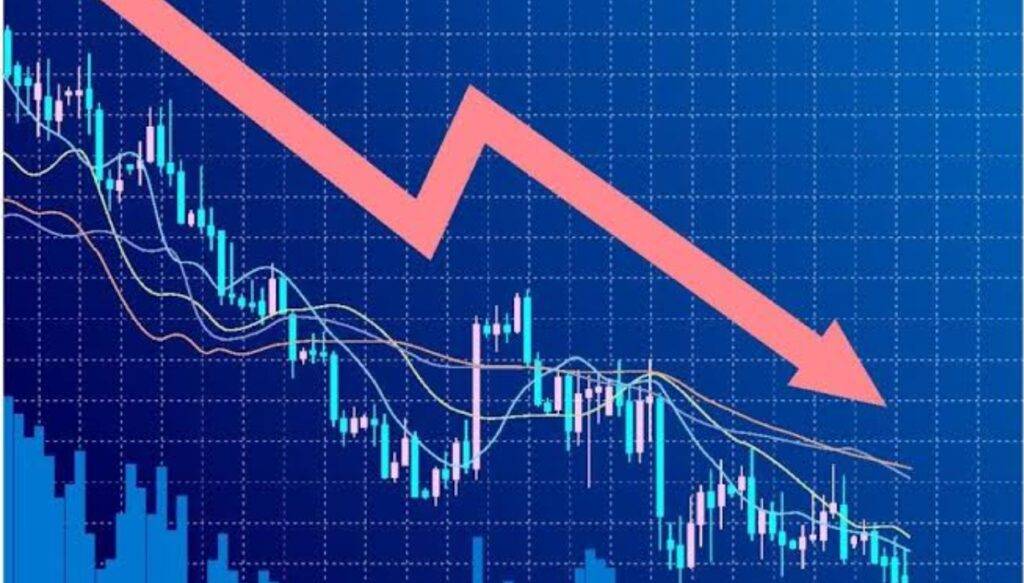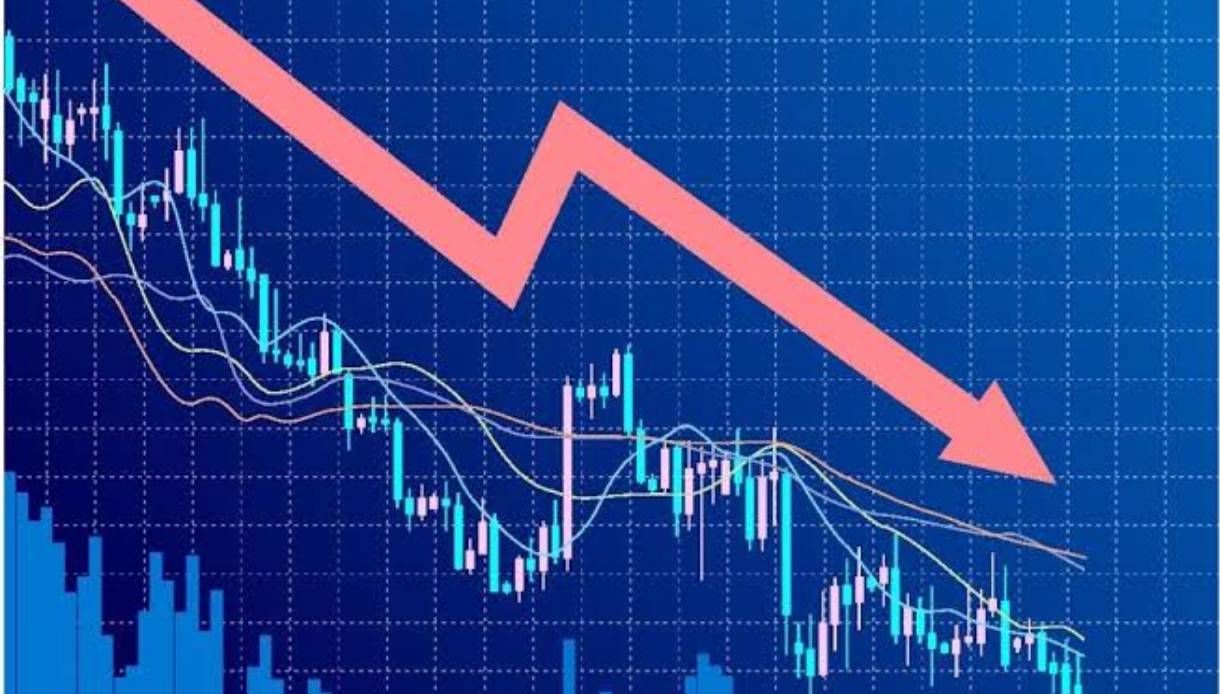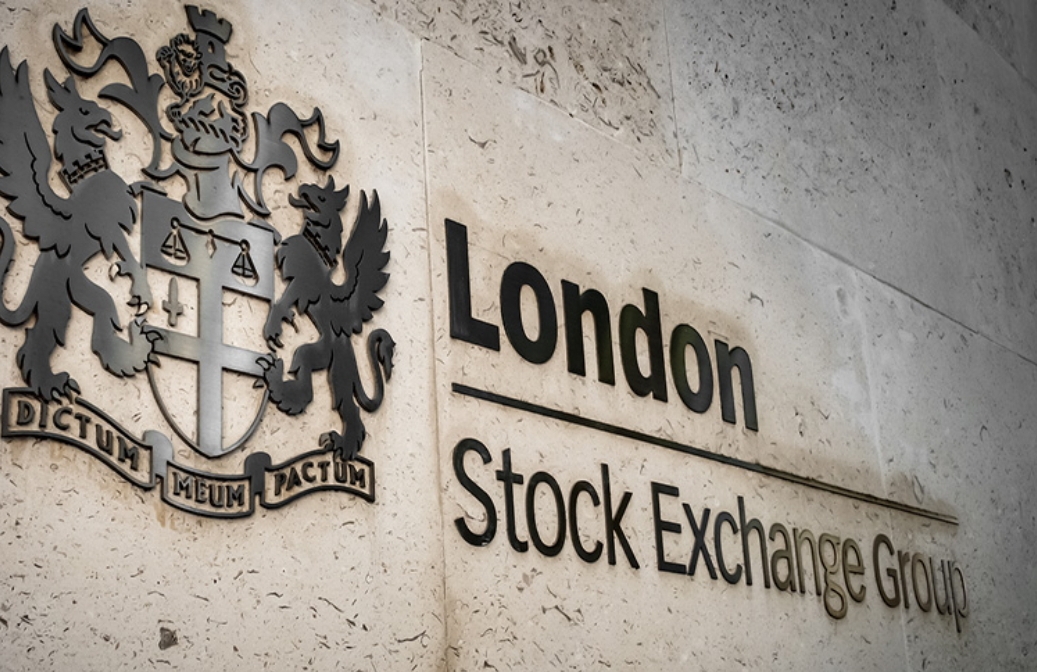The Trump administration’s long-promised tariffs took hold on Tuesday.
U.S. stocks experienced a downturn on Tuesday as the long-anticipated tariffs from the Trump administration were implemented.
The Dow Jones Industrial Average fell by 670 points, or 1.5%, while the S&P 500 decreased by 1.2%. The Nasdaq, which is heavily influenced by technology stocks, saw a smaller decline of 0.3%.
These new tariffs impose taxes on imports from Mexico, Canada, and China—America’s three largest trading partners—potentially increasing prices on a variety of goods, including gasoline, avocados, and iPhones.

Retail stocks were also affected, with Target shares dropping 3% after the company’s earnings report pointed out “tariff uncertainty” as a significant business challenge. Walmart’s stock fell by 2.5%, and Amazon experienced a slight dip of 0.6%.
Best Buy’s shares dropped over 13% after the CEO warned analysts that price increases due to tariffs are “highly likely.”
Increasing production costs may also pose challenges for U.S. automakers, many of which depend on a supply chain closely tied to Mexico and Canada.

On Tuesday, Ford’s stock fell nearly 3%, while General Motors experienced a decline of about 4.5%. Stellantis, the parent company of Jeep and Chrysler, saw its shares decrease by more than 4%.
Tesla, under the leadership of Elon Musk, also faced a setback, with shares dropping roughly 4.5%.
The significant losses contributed to a market downturn that started Monday afternoon after Trump reiterated plans for a new round of tariffs.
Trump confirmed the March 4 start date for 25% tariffs on imports from Mexico and Canada, along with a 10% tariff on Chinese goods, which was later increased to 20% through a revised executive order.
Experts warn that such high tariffs could result in increased prices for American consumers, as importers typically pass some of the extra costs onto shoppers. Furthermore, they raise costs for manufacturers that depend on imported raw materials.
In addition to Tesla and Amazon, the tariffs seemed to impact some of the “Magnificent Seven” tech giants, a group that has driven stock market growth in recent years.

Meta, the parent company of Facebook and Instagram, experienced a 2% drop in its stock, while Apple—whose supply chain includes production in China—fell by nearly 1%.
On the other hand, Microsoft remained mostly unaffected, with its stock remaining stable on Tuesday.
Meanwhile, chipmaker Nvidia, which obtains semiconductors from Taiwan but imports some materials from Mexico, defied the trend with a 1.5% increase. Alphabet, the parent company of Google, also saw its stock rise by about 2%.











Leave a Reply